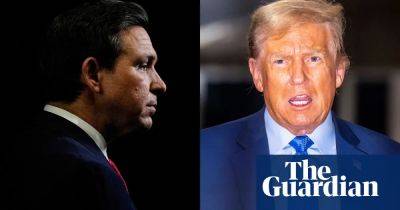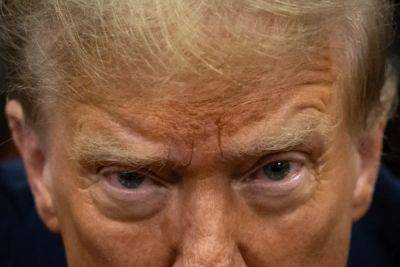This Feature Of My Smile Links Me To My Roots — And I’m Not Getting Rid Of It
Growing up, I had a pretty straight smile with a small gap between my two front teeth. As a result, and to the relief of my parents’ wallet, I didn’t have to get braces in grade school like so many of my peers.
Unfortunately, my severely impacted wisdom teeth wreaked havoc on the straightness of my smile years later — just as my dentist warned me they would. In college I had my wisdom teeth removed, and one year ago I decided to embark on a teeth-straightening journey with clear aligners to reclaim the smile that once was.
As I began this journey, I was skeptical. Not only was I apprehensive about wearing plastic retainers 24/7, but I was also worried that I’d be pressured to close my gap — a feature of my smile that I had grown quite fond of.
And so when the time came to take virtual molds of my mouth, I asked the orthodontist if I could keep the gap as is. She looked at me so curiously that I had to assume that this was one of the first times she’d ever received this request . S o I explained to her the cultural significance of having “the gap” in Nigeria and other African nations.
In Yoruba, my parents’ native language, the tooth gap is fondly referred to as “èjí.” It is seen as a symbol of beauty and wealth, especially for women-identifying individuals in many African cultures — so much so that some may undergo procedures to artificially create the desired diastema.
“Some of the people that I grew up with in Nigeria would even opt to get the gap surgically, at the cost of chronic headaches,” says Amaka Uzoigwe, a physician who now lives in New York. She points to one small study out of Nigeria that found 34% of its participants had undergone cosmetic procedures to artificially create the diastema.
After getting







